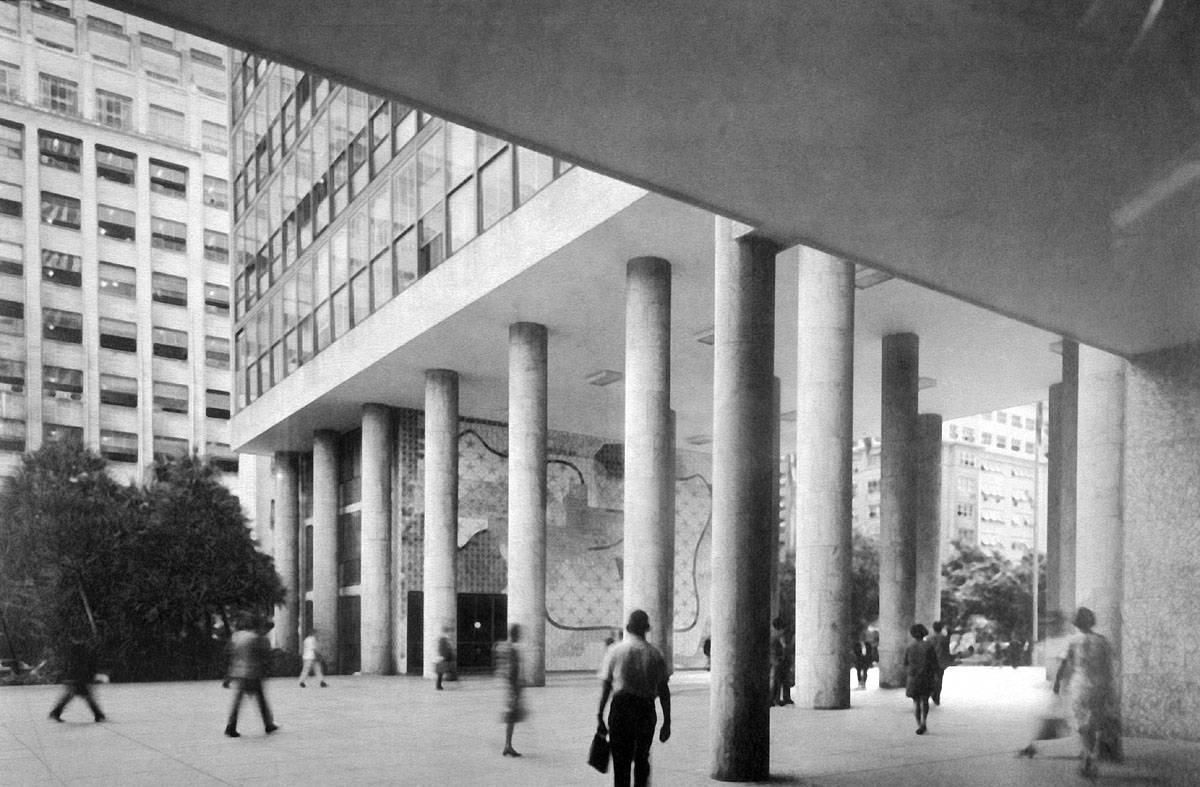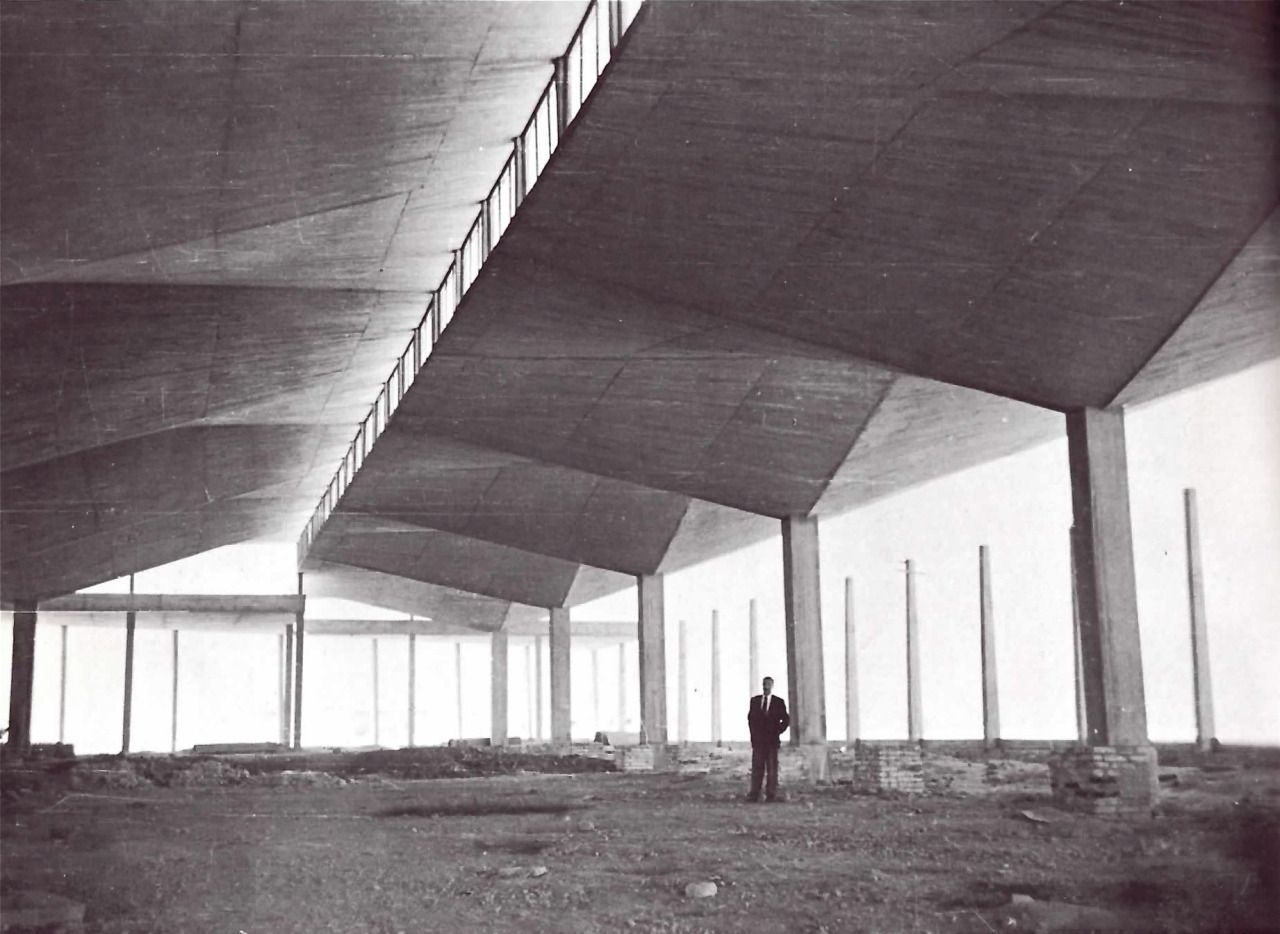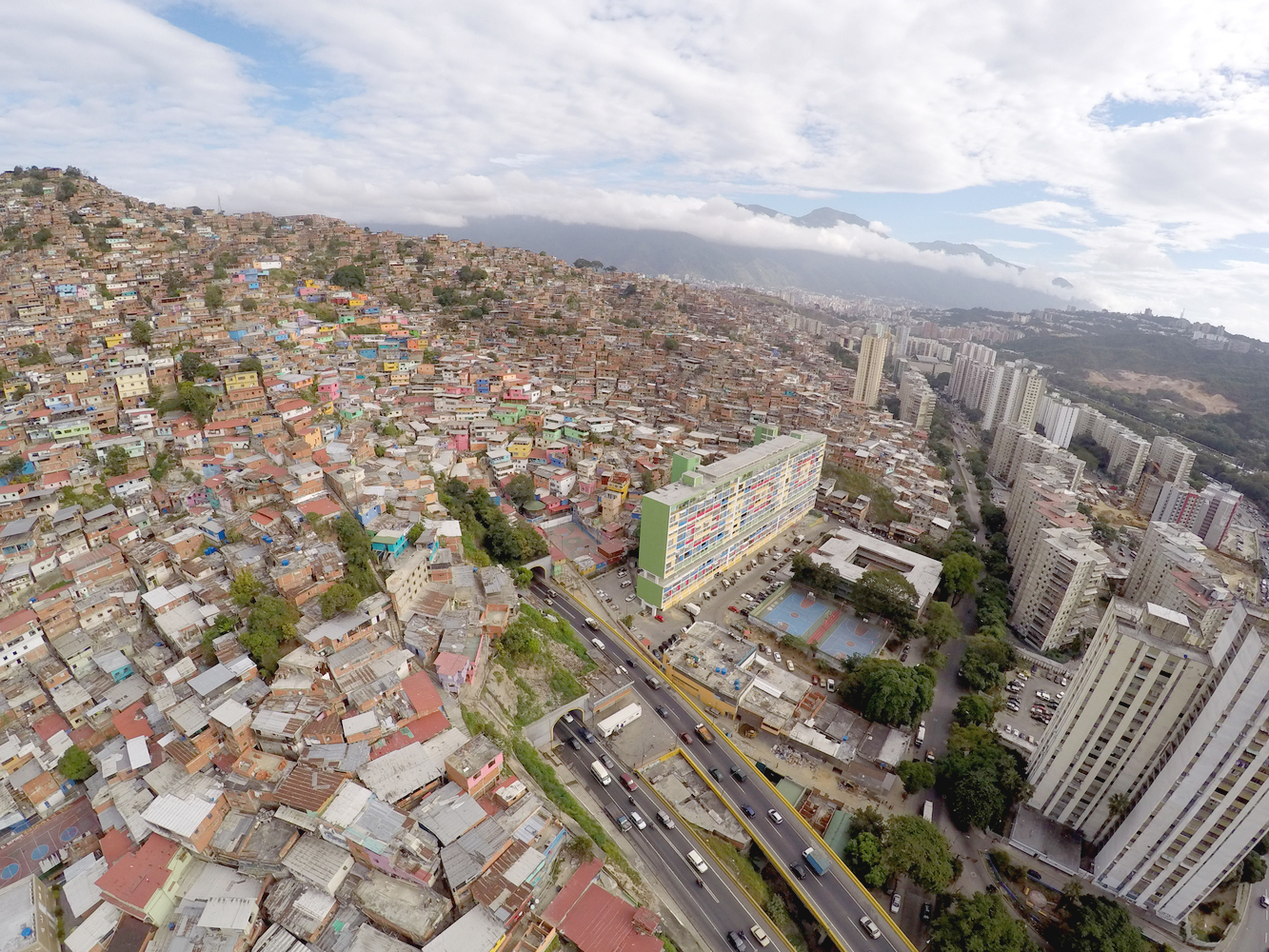Selected Topics in Architectural History and Theory: Parallel Modernities in Latin America - Heroic Modern Architecture and the Emergence of Informal Settlements from 1950 to the Present
ARC3324H F
Instructor: Elisa Silva
Meeting Section: L0101
Wednesday, 3:00pm - 6:00pm
Parallel modernities refers to the dual dynamics that transpired in cities of Latin America as industrialization, increased economic growth and rural-urban migration defined them. Between the 1950s and 1980s these dynamics pushed cities to expand, build roads, infrastructure, schools, hospitals, university campuses, institutions and even public space. Urban growth also required finding efficient ways to house the population which manifested itself in various examples of multifamily social housing as well as pre-fabricated progressive housing models. Nonetheless, these efforts were not able to meet demand and informal settlements emerged, creating a simultaneous and separate urban evolution that characterizes practically every city in Latin America.
Modern architecture saw some of its most complete developments in Latin America. Examples of buildings by Mario Pani (Mexico) Vilanova Artigas (Brazil) and Carlos Raúl Villanueva (Venezuela) are master pieces of modern architecture, widely celebrated and glorified. They reflect the aspiration of modernization and progress present in political discourses at the time. The course will discuss this modern production of architecture, as well as the “other modern” the “second modern” that grew at a much faster pace in cities such as Rio de Janeiro, Sao Paulo, Mexico City, Guadalajara, and Caracas, and yet was thoroughly ignored, denied and even erased through official urban public policy focused on razing slums.
The course presents parallel modernities as a tendency or pattern along separate but co-dependent paths, that reveals an insistent celebration and dissemination of forms of “high art” more conventionally recognized as modern, while systematically failing to consider the massive development of the built environment and economic forces that occurred in tandem through informal mechanisms. We will look at how denial, misunderstanding and exclusion produced the territorial fragmentation of cities we witness today, levels of inequality that are among the highest in the world, as well as the political implications they have yielded.
The course´s objective is to gain a broader understanding of the economic and cultural forces that created the culturally rich, socially diverse and politically complex environments that characterize cities and societies in Latin America. Students will be asked to actively discuss reading assignments in class and produce a final paper and presentation where they argue and support their understanding of current cultural and political situations through examples of architecture, the built environment, art and or literature over the past decades.
Instructor Biography
Elisa Silva is director and founder of Enlace Arquitectura 2007 and Enlace Foundation 2017, established in Caracas, Venezuela. Projects focus on raising awareness of spatial inequality and the urban environment through public space, the integration of informal settlements and community engagement in rural landscapes. Enlace is a recent finalist in the XI Ibero-American Biennale of Architecture and Urbanism for the Media Legua Church in Venezuela. Their public space interventions in informal settlements were awarded in the XX Architecture and Urbanism Biennial in Valparaiso, Chile 2017. Other recognitions include winners of the VIII Ibero-American Biennale of Architecture and Urbanism for the Sabana Grande Pavement Project in Caracas, Venezuela 2012, the XI National Architecture Bienal Award for Ecoparque Maracay 2014, the Walk 21 Award for Puerto Encantado Higuerote Venezuela 2015, the X Salon Malausena Publication and Urban Design Awards 2016, and winners of several design competitions.
In 2017, Elisa received a Graham Foundation Grant for the publication Pure Space: Expanding the Public Sphere through Public Space Transformations in Latin American Informal Settlements (Actar, 2019). She has co-authored Pro-Inclusion: Practical tools for the integral development of Latin American cities (CAF Development Bank of Latin America, 2016) presented at Habitat III in Quito; and CABA Cartography of the Caracas Barrios 1966-2014 (Fundación Espacio 2015), widely recognized as a seminal contribution to the city´s urban history records. Elisa was awarded the Lucas Artists Fellowship in Visual Arts Fellowship from the Montalvo Art Center 2019, the Wheelwright Fellowship from Harvard University in 2011 and the Rome Prize from the American Academy in Rome in 2005. She was Visiting Professor at the Princeton University School of Architecture Spring 2019 and Design Critic in Landscape Architecture at the Harvard University Graduate School of Design Fall 2018. She taught at the Simón Bolívar University in Caracas, Venezuela between 2011 and 2018, and has also taught workshops at the Universitat Politècnica de Catalunya in Barcelona, Spain 2018 and the Pontificia Universidad Católica de Perú in Lima, Peru. 2015 and 2017. Elisa grew up between St. Louis and Venezuela.















